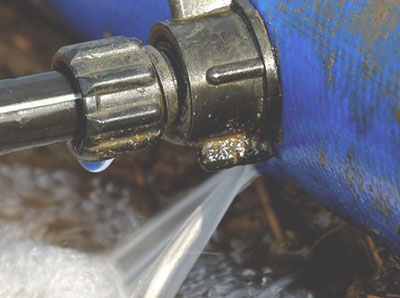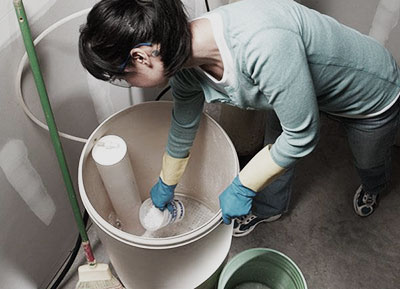A water heater is one of the most important appliances in our homes. We need a regular supply of hot water in our homes this’s why it’s such a crucial part of us. The best you can wish from this appliance is an extended useful life. Although the estimated lifespan of your water heater is 8-12 years, it is possible to extend it to 20 years. But you must maintain it in the best condition you can to achieve this. The modern units are a little sophisticated and can last longer compared to the traditional water heaters. A good example is the tankless water heaters and solar units that can last two or three time longer than the traditional ones.
Make Your Water Heater Last Longer
It’s important to note that efficiency of the water heater decreases with age. But this does not mean that it can’t serve you for a longer time. If well maintained and taken care of, your water heater lifespan can be improved significantly. But how can it have a prolonged useful life without a reduction in its efficiency? Here are few ways that you extend water heater’s lifespan:
Look Around

You should identify areas that are most prone to damages. In particular, check for drips, puddles or any sign of a leak. These signs will help in dealing with the problem before it escalates. Other signs that you should always look for are the cracks on the tank. If you spot any of the signs, just call the local plumber if you can’t handle the task.
If your water heater uses gas, the appearance of the burner flame is the main thing to monitor. If it is blue or anywhere near that, then there is no problem. Yellow or an orange flame is an indication that the water heater is not operating at optimal efficiency. You may try to adjust the gas inlet to improve the heating element efficiency.
Regulate the Pressure
Unregulated pressure is one major cause you to replace your water heater too soon. Most homeowners do not take an interest in regulating the unit’s pressure. A water heater is designed to operate at a certain pressure (not above 90 psi). Anything above that is damage to the unit and sometimes can result in appliance failure. If the water heater is allowed to operate under high pressure, it will reduce its lifespan significantly. Installing a pressure regulating valve is the best way to deal with this problem. The valve lets out excess pressure thus keeping the unit in good condition. With a regulator valve, you will have water heater pressure control automated.
Install a Water Softener

Add the Second Anode Rod
What is the state of the current anode rode? This is something that you should regularly be checking. This rod is mostly used in the water heater reduce the effects of corrosion to the tank. The rod is made from magnesium or aluminium material, and it works by undergoing galvanic corrosion to extend units useful life. Instead of the metallic part of the tank corroding, it’s the anode rod that corrodes. Note that the anode does not stop corrosion but slows the rate at which it happens. This is how the tank lifespan is extended. But with time, the rod might become ineffective after wearing out. You need to replace or add the second rod to protect the tank from corrosion.
Clean or Flush Out the Tank

Install an Expansion Tank
Having a closed water heater system can be dangerous, particularly due to changes in the expansion. As the water gets heated, it expands, and if it has nowhere to go, it will start stretching and stressing the tank. When the hot water cools down, the tank will then contract. Such expansion and contractions place an enormous strain on your tank, and this will significantly limit its life. This is why it’s paramount to install an expansion tank. With an expansion tank, the expanded water will get a space to occupy, and this will significantly reduce stress on the tank thus extending its useful life significantly.
These are DIY measures that will substantially extend your water heater’s lifespan. They are very simple in that you don’t need a local plumber. With proper maintenance and observing this guide to the letter, you are guaranteed to enjoy your hot water system for a longer.



